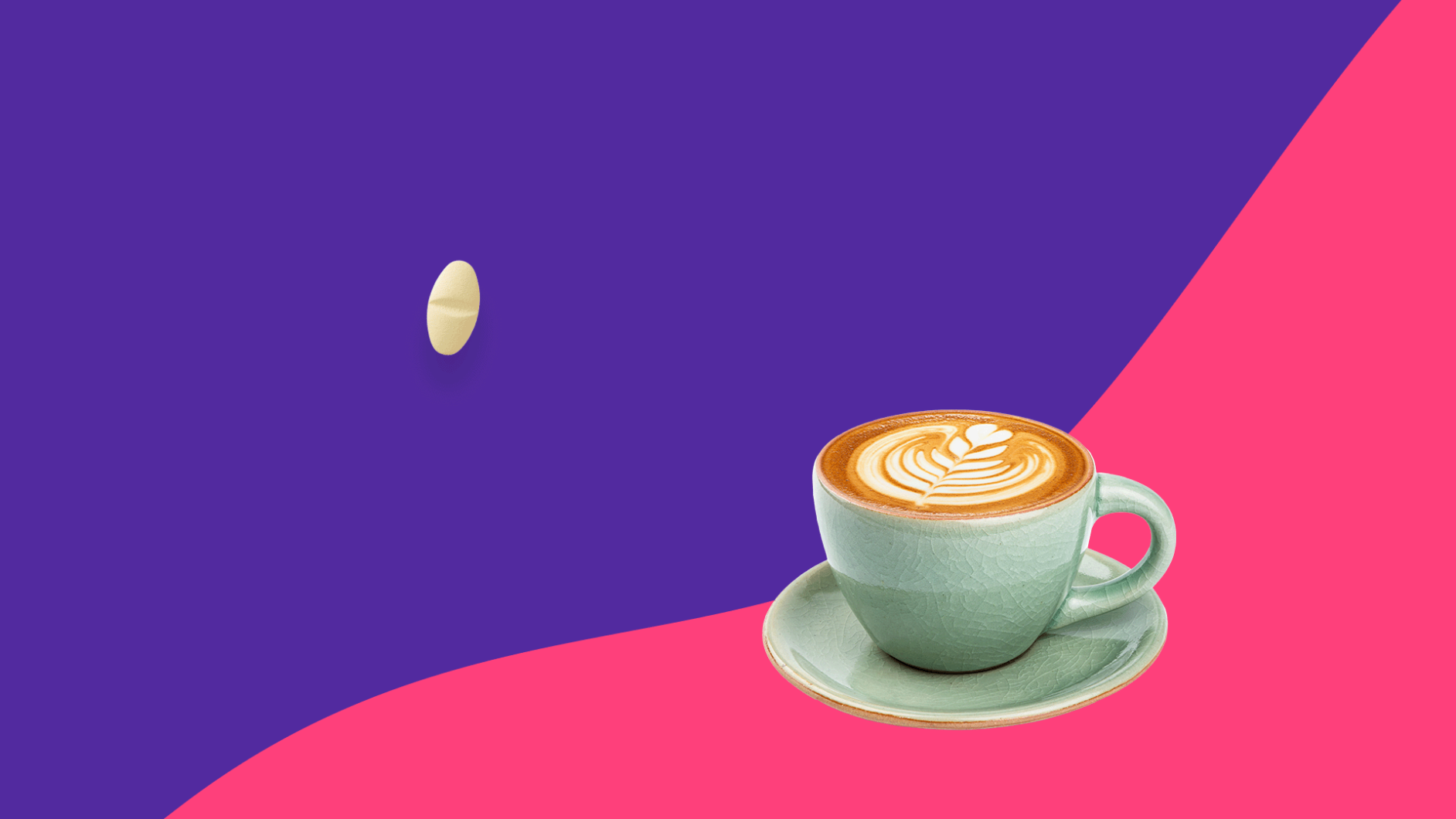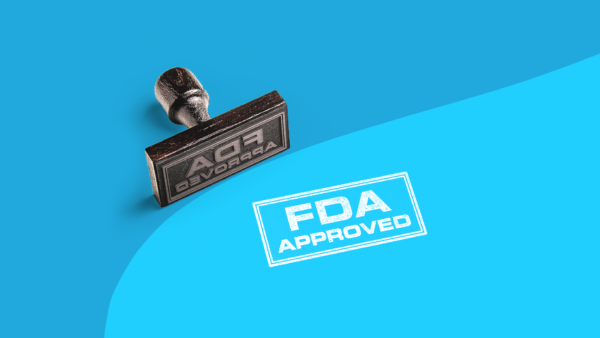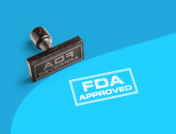Protonix (pantoprazole) is a medication prescribed to treat a variety of digestive issues, including heartburn, acid reflux, gastroesophageal reflux disease (GERD), Zollinger-Ellison Syndrome, and duodenal ulcers. It works by decreasing the amount of acid your stomach creates. Since these are all gastrointestinal issues, it makes sense there would be some restrictions on what you can eat and drink. Often, it’s recommended for people with sour stomachs to make lifestyle changes such as avoiding caffeinated beverages and other indigestion triggers like alcohol and spicy, fatty, or high-sugar foods.
So, does that mean pantoprazole and coffee are a forbidden combination? Read on to see what healthcare providers say.
Does coffee interact with pantoprazole?
“Typically, doctors recommend reducing coffee consumption when taking pantoprazole,” says Po-Chang Hsu, MD, a medical content expert for Sleeping Ocean. “This has to do with coffee’s ability to stimulate the production of stomach acid, which would counteract the effect of pantoprazole.” In other words, drinking coffee could make this prescription less effective.
Coffee with caffeine can affect the rate of time it takes your body to absorb pantoprazole. “Caffeine may influence pantoprazole’s absorption time, as it affects gastric emptying time,” says Frank J. Contacessa, MD, an internist at MDVIP in Palm Beach Gardens, Florida. “Caffeinated beverages may also trigger acid reflux and mitigate the medicine’s effect.”
Caffeine can relax the muscle of the sphincter that keeps the acid in the stomach. “This allows the acid to splash back up into the esophagus and worsen symptoms like heartburn,” Dr. Contacessa says. It can also make conditions like reflux feel worse because it adds acid to an already overly acidic environment. However, there’s no serious adverse effect of combining coffee and pantoprazole.
If you do choose to have your morning joe or another caffeinated beverage, timing is key. Pantoprazole tablets can be taken with or without food, while the granule formulation should be taken 30 minutes before a meal. However, with regard to coffee, “It is recommended to wait at least one hour between taking PPIs and taking caffeinated drinks (and vice versa) to lower the effect of PPI/caffeine interactions,” says Dr. Hsu.
Can I drink decaffeinated coffee with pantoprazole?
Wondering if a cup of decaf is a good replacement option? Unfortunately, no. Research shows that coffee increases acid secretions—even if it’s decaffeinated. “It’s safer to avoid this beverage altogether when taking pantoprazole,” Dr. Hsu says.
Does caffeine interact with other heartburn medications?
If you simply can’t give up your daily caffeine boost, would switching to another medication help? Pantoprazole is part of a class of medications called proton pump inhibitors (PPIs), which reduce the production of gastric acid to help people with reflux symptoms. Other examples of PPIs include Prilosec (omeprazole) and Prevacid (lansoprazole). Unfortunately, since caffeinated drinks worsen acid reflux and GERD symptoms, you’ll have the same issue with any of these treatments—and with medications such as antacids like Tums or histamine-blockers like Pepcid (famotidine).
“PPIs lower the body’s ability to absorb caffeine, and caffeine can increase the absorption time of PPIs,” Dr. Hsu says. “Taking caffeine and PPIs together creates a vicious cycle.” Since all PPI medications are affected by caffeine you would not be able to take a different medication and have a different response.
Best practices for taking pantoprazole
Pantoprazole must be prescribed by a healthcare professional. Unlike some other PPIs, pantoprazole is not available as an over-the-counter medicine.
Certain medications can interact with pantoprazole, like some cardiac medications and some antivirals, which may cause increased risk of adverse reactions. Always check with your prescriber or pharmacist about possible drug-drug interactions.
When taken for a long time and/or at higher doses, pantoprazole can increase the risk of bone fractures of the hip, wrist, or spine. The prescribing information recommends taking this medication (or any PPI) at the lowest effective dose for the shortest possible time. Consult your healthcare provider for medical advice regarding dosing.
Additionally, pantoprazole might interact with vitamins or supplements. Dr. Hsu says it could reduce the absorption of iron, multivitamins, and prenatal vitamins. Pantoprazole may also cause magnesium and vitamin B12 deficiencies if taken for extended periods of time.
You should make dietary changes to limit or avoid certain foods and beverages (in addition to caffeine), such as fatty foods, spicy foods, and alcohol. It may be beneficial to consult a registered dietician, who can help you adjust your diet to avoid trigger foods.
Pantoprazole may cause the following common side effects:
- Headache
- Diarrhea or constipation
- Dizziness
- Flatulence
- Stomach pain
- Joint pain
- Nausea
- Vomiting
The pantoprazole tablet should not be crushed or cut. Most people notice an improvement in symptoms within a few days, but it may take up to four weeks before seeing a difference.











